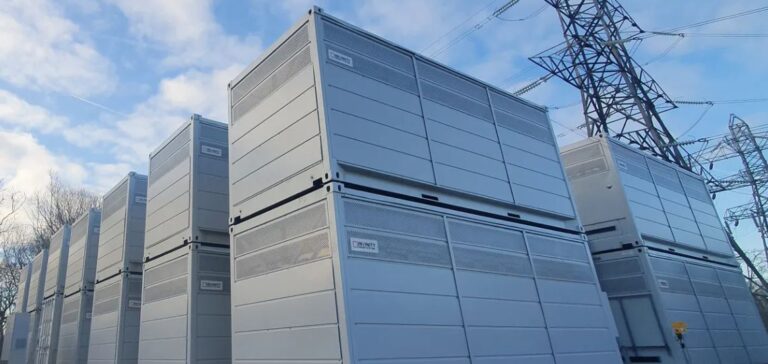On April 8, at the Long-Term Energy Storage Summit in Washington, Gene Rodrigues, Assistant Secretary for Electricity, announced $15 million in funding for three research groups. These funds are aimed at developing innovative battery technologies for extended energy storage, essential to the U.S. energy transition.
Details of research groups and their projects
Recipients include New Lab, focused on zinc batteries; Battery Council International, which will look at lead-acid batteries; and Clean Tech Strategies, dedicated to flow battery technologies. Each consortium will collaborate with national research institutions and laboratories to overcome specific challenges and drive innovation in energy storage.
Strategic importance of long-term energy storage
Rodrigues stressed the importance of diversifying battery approaches and chemistries to avoid over-reliance on a single technology or mineral. Long-term energy storage is described as fundamental to a sustainable and resilient power grid, designed to last a century.
Economic objectives and expected performance
Funded projects must enable a technology capable of storing energy for at least ten hours, and aim for a levelized storage cost of 5 cents per kilowatt-hour by 2030. These ambitious targets are in line with the DOE’s Long Duration Storage Shot program, launched in 2021 to reduce the costs of large-scale projects.
Future funding opportunities and DOE commitments
Rodrigues also announced that DOE plans to launch two more funding opportunities this spring for LDES projects, targeting innovators and community development, including technical support and permitting services.
The DOE’s funding of energy storage research demonstrates its determination to support technological innovation and meet national electricity needs with clean, cost-effective energy solutions.





















